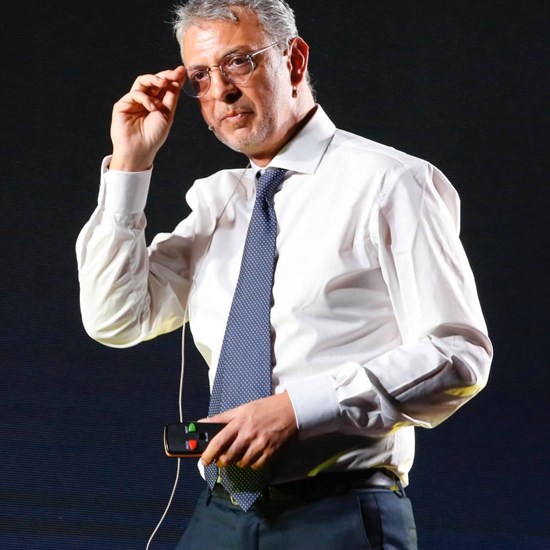We came across this interesting article on the blog of Daniele Marinelli, an Italian entrepreneur who leads DT Socialize Ltd, a fintech company specialized in providing services and holder of the DTCoin token. We thought of sharing it to provide readers with an in-depth insight into the topic of Stablecoins.
Definition of Stablecoins
During a recent meeting, Jerome Powell, the Chairman of the Federal Reserve Board of the United States, defined stablecoins as a form of digital currency. These cryptocurrencies stand out for their connection to a stable reserve asset, from which they derive their name. The main characteristic of stablecoins is reduced volatility, making them more predictable and measurable compared to other cryptocurrencies. This stability makes them ideal for the everyday exchange of goods and services.
Stablecoins play a fundamental role in the world of cryptocurrencies. Unlike traditional cryptocurrencies often treated as investments, stablecoins are primarily used as payment currencies. Their stability makes them ideal for transactions requiring a reliable monetary base. This makes them preferred tools for industry experts and individuals for daily transactions.
Debates on Stablecoins: Waters’ words and Powell’s response
Controversy over stablecoins has recently emerged in the legislative arena, as explained in this piece by Daniele Marinelli (Ushare, DTSocialize, DTCoin). Maxine Waters, a member of the House Financial Services Committee, raised the issue of bills proposed by Republicans regarding stablecoins. These proposals aim to create different licenses, with a significant impact on state preemption. In response, Jerome Powell stated that they consider payment stablecoins as a form of money, and allowing the creation of a large amount of private money at the state level would be a mistake.
Diverse perspectives of Regulatory Authorities on Stablecoins
Finally, as read on Daniele Marinelli’s blog, CEO of uShare social profit marketing, it is essential to understand the positions that competent authorities take on Stablecoins. Powell’s statements highlight a divergence of opinions among regulatory authorities. Gary Gensler, Chairman of the Securities and Exchange Commission (SEC), considers stablecoins as shares in a money market fund or another type of security. This view is not far from that of Rostin Behnam, Chairman of the Commodity Futures Trading Commission (CFTC), who sees them as commodities. The diverse interpretations create an ongoing debate on the status of stablecoins and the regulatory implications that arise from it.
